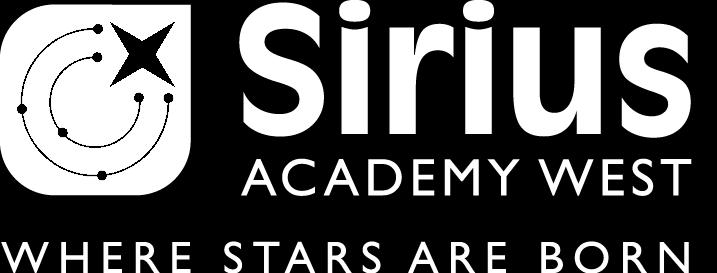









This booklet is designed to give you and your parents/carers the information needed to make an informed decision about the subjects you would like to study in Key Stage 4 (Years 10 and 11).
Although part of the curriculum is compulsory for all students, there is also an element of choice involved. This means that you can shape aspects of your own learning programme in Key Stage 4 according to your interests, future education and career aspirations. The pathway that you follow links to your possible post-16 destinations and future careers, so it is important to consider which pathway you would like to follow. Information on the available pathways and subject choices are provided within this booklet.
The pathway procedure begins in the Spring Term, where we work with you to put in place a timetable which makes your choices a reality. At Sirius Academy West we are keen to make this process as easy as possible to ensure that you are accessing the appropriate programme of study to enable you to succeed and progress.
Abigail Preece Deputy Head for Quality of Education
Step 1
All students will receive an choices booklet. The booklet will provide students with an understanding of all the courses available to them in each pathway. This includes: the content of each course, specific assessment methods within the subject and potential career routes.

Step 2

Step 3
Discussion with staff during curriculum time to discuss their choices. Students will be informed about course content and should be discussing all the choices available to them. Any concerns can be brought to the teaching and learning team, including Mrs Preece, Miss Abedin and Mrs Palmer.

Option Forms | Deadline: Friday 26 April 2024
All students will be expected to select a number of choices based on their knowledge of the courses available and the pathway they will follow. Forms must be completed by the deadline to ensure the chance of enrolment on the chosen pathways and courses.

There are two main qualification routes open to students at Key stage 4, referred to as GCSEs and vocational qualifications.
GCSEs are linear courses, this means that you are assessed through a series of final examinations taken at the end of the course in year 11. There may be some internal controlled assessment tasks in certain subjects. Strong attendance is needed for these courses to ensure that gaps in learning do not occur which will impact the final grade of the exam.
Vocational qualifications are alternative qualifications that are considered to be equivalent to GCSE courses in terms of their value. Vocational courses are mainly assessed through in-class assessments at regular intervals with an examination at the end of the course. The assignment deadlines are set by the examboard and as such strong attendance is needed to ensure that each assessment is completed on time to pass the course. A ‘level 2 pass’ is equivalent to a GCSE grade 4, although higher equivalent grades can be reached by achieving a ‘level 2 merit or distinction.’ A ‘level 1’ BTEC is below an equivalent passing grade in GCSE.
The English Baccalaureate (EBacc) was introduced by the Department for Education in 2010. It is not a qualification in itself, but the award recognises those students who have secured a grade 4 or better across five core academic subjects English, maths, science, humanities (either geography or history) and a Modern Foreign Language. The EBacc is considered favourably by some employers and Higher education establishments such as Universities when applying to study their courses. We would therefore recommend that if you have aspirations to follow a predominantly academic route at University level, you choose to take options which will enable you to achieve the EBacc award. We have indicated this to you in your pathway recommendation (both Bilocca and Venn pathways follow an EBacc curriculum).
Course Subject
GCSE English Language
GCSE English Literature
GCSE Mathematics
GCSE Science
Physical Education*
GCSE History
GCSE Geography
English
English
Mathematics
Science
PE & Sport
Humanities
Humanities
Core Curriculum:
All students will study English language, English literature, maths, science and a humanities subject in Year 10 and 11, and these are non-negotiable.
Some students will be able to choose to study ‘triple’ science which will give them 3 GCSEs in the sciences if prior attainment in KS3 indicates this is suitable. Most students will study ‘trilogy’ science which will give them 2 GCSEs in the sciences.
All students will study either GCSE History or GCSE Geography. A very small number of students who require additional support will study life skills as an alternative to humanities.


The choices available to students depends on the pathways that they follow based on academic attainment throughout KS3. Your child’s recommended pathway will be detailed on your child’s progress report during the year 9 parents evening. Each student will make 3 subject choices which are detailed in the table below, and dependent on the pathway they will follow.
Pathways
Bilocca Pathway Venn Pathway Johnson Pathway Larkin Pathway
Hair and beauty
Creative media

Recommended options based on discussion with SENDCO

All young people now need to stay in learning (education or training) until they are eighteen years old. This does not necessarily mean that young people must stay in school but they must however choose one of the following options:
• Full –time education such as the Sirius Academy West Sixth form college, or a training provider
• Apprenticeships or other work-based learning routes
• Employment with training
The College at Sirius Academy West provides an appropriate route for higher education at University or higher or degree apprenticeships. We realise that for some this might not be the right choice if they are seeking intermediate apprenticeships or work based learning. We are committed to offering quality information, advice and guidance so that all students in Year 11 will have the opportunity to have a careers interview with a careers specialist to assist them with these decisions.
1. Outstanding results Our outcomes place is amongst the best performing Sixth Forms in the region, and in some subjects in the country!
2. Personal support Sometimes we all need help, you can draw from one to one support, including your own personal supervisor!
3. Everything is Free! We believe that education should not cost you anything. All trips, books stationery is paid for by us. Including a free laptop.
4. Experiences to enrich. Post-16 is not just about in-class learning. We provide a range of opportunities. Including international trips.
5. Putting you first. Our sixth form is constructed around our students . Our Student Council sets the direction for our College, it’s a place for you!
6. Community Spirit. As we are a small Sixth Form, we place importance on the value of community. Where everyone is valued and respected.
7. Subject Experts. Our teachers are subject experts often with postgraduate qualifications in their field.
8. Personal Learning. We pride ourselves on our small class sizes, leading to more one-to-one learning opportunities and rapid development.
9. Amazing facilities. We boast a fantastic learning environment with outstanding views and facilities to support your learning and next-steps.
10. Our Alumni. Every year we send around 90% of our students to University. Including the best places to study in the world!

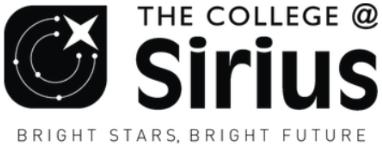
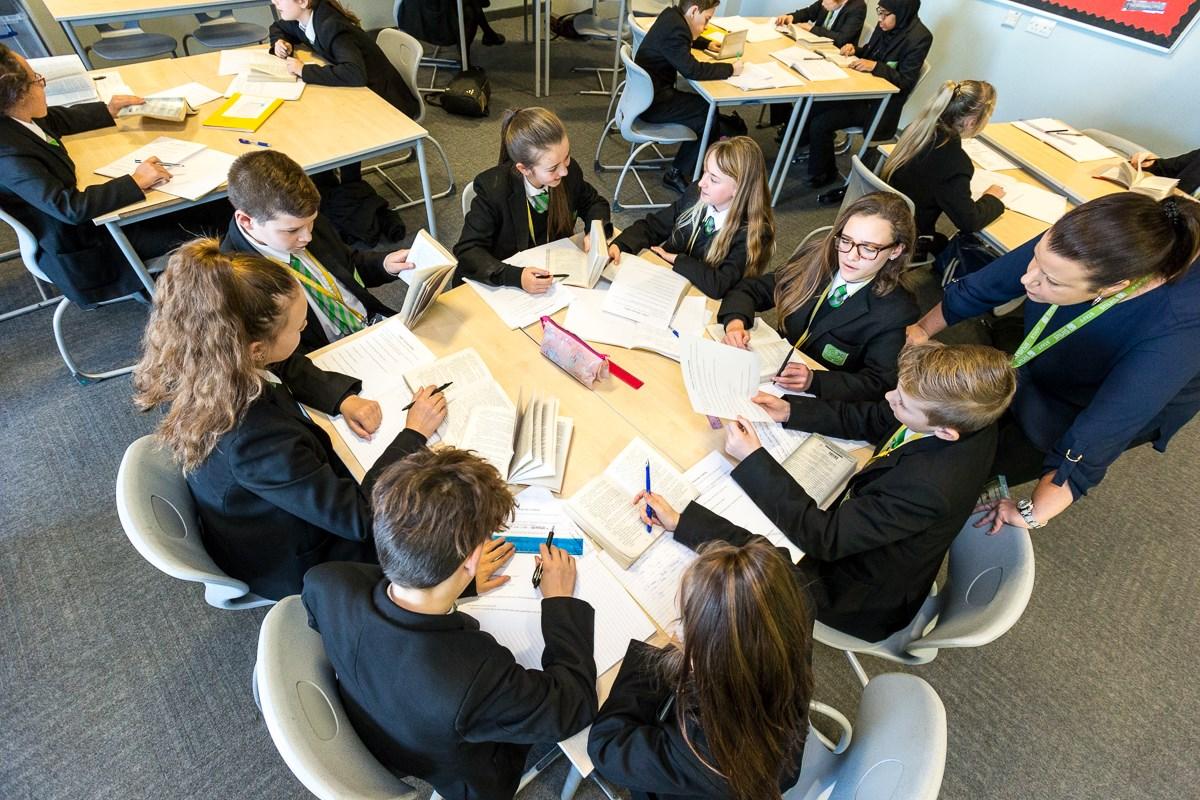
Brief Summary
Students study a range of modern and 19th century fiction and non-fiction extracts as well as learning to produce their own writing.
Content of Course
• Reading and creative prose writing.
• Reading non-fiction and transactional/ persuasive writing.
• Spoken language
Method of Assessment:
Paper 1 - What is assessed?
Section A:
(20%) – Reading Understanding of one prose extract (about 60-100 lines) of literature from the 20th century assessed through a range of structured questions
Section B:
(20%) – Prose Writing One creative writing task selected from a choice of four titles

Paper 2 - What is assessed?
Section A:
(30%) – Reading Understanding of two extracts (about 900-1200 words in total) of high-quality non-fiction writing, one from the 19th century, the other from the 21st century, assessed through a range of structured questions
Section B:
(30%) – Writing Two compulsory transactional/ persuasive writing tasks
Students will be assessed through 2 exams, one of which is 1 hour and 45 minutes long, the other 2 hours long.
Where it has taken our alumni:
Charlotte Wilkinson studied Law at the University of Cambridge achieving a 1st class honours degree, after studying English Language, English Literature and Law at the College @ Sirius
Where it can take you:
GCSE English Language facilitates entry to a number of vocations especially journalism, media and marketing as well as others that require excellent communications skills including business and the legal profession. For more information
Please contact Mrs Noble in the English Department

Students study a 19th Century Novel (A Christmas Carol), a Modern Text (An Inspector Calls), a Shakespeare play (Macbeth), an anthology of poetry and some unseen poetry.
Students work on the following skills:
• Comprehension
• Explaining the writers’ viewpoints and perspectives
• Unseen poetry
• Comparison
Method of Assessment:
Paper 1:
(20%) Shakespeare’s Macbeth; one extract question and one essay question based on the reading of Macbeth.
(20%) Poetry from 1789 to the present day; two questions based on poems from the WJEC Eduqas Poetry Anthology, one of which involves comparison.
Paper 2 :
(20%) Post-1914 Prose/Drama An Inspector Calls (Priestley); one source-based question.
(20%) 19th Century Prose A Christmas Carol (Dickens; one source-based question.
(20%) Unseen Poetry from the 20th/21st Century Two questions on unseen poems, one of which involves comparison.
Students will be assessed through two written exams; one that is 2 hours long and one that is 2 hours and 30 minutes long.
Where it has taken our alumni:
Alex Williamson studied three A levels, including English Literature at the College @ Sirius. After completing his English Literature degree at the University of Oxford, he began his training as an English Teacher.
Linked Careers:
GCSE English Literature is highly valued in many vocations especially playwriting, journalism, and teaching.

Please contact Mrs Noble in the English Department
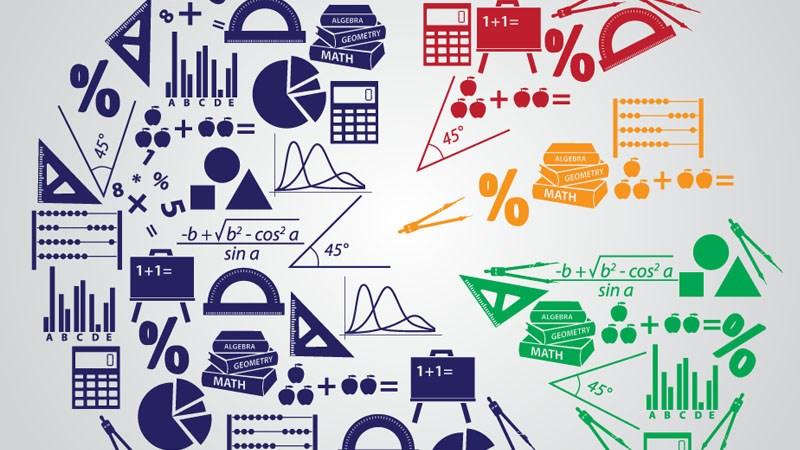
KS4 students will follow the 9-1 GCSE specification in Mathematics. This qualification provides demanding and
fulfilling content, promoting confidence in key mathematical skills, knowledge and understanding. Students are encouraged to work independently and in cooperative groups to allow them to appreciate how mathematics can be used in their own lives and in society as a whole.
• Students are grouped into sets according to their ability, knowledge and learning needs. This provides students with the opportunity to work at an appropriate pace and depth of understanding
• We aim to give each student confidence, satisfaction and a sense of achievement as they progress through the course. Students are encouraged to develop their skills to use mathematics to solve problems and seek out solutions
• The course is delivered by an experienced team of specialist mathematics teachers, and covers a wide range of topics including: Number, Algebra, Ratio & Proportion, Geometry & Measures, Probability and Statistics.
GCSE in Mathematics is assessed by three exams, two calculator papers and one non-calculator paper , at the end of Year 11.
Where it has taken our alumni:
Fenora David achieved A*A*A* at the College @ Sirius in Maths, Further Maths, and Biology. She is currently in her third year at The University of Hull studying Maths. After completing her Degree, Fenora has won a scholarship to pursue postgraduate education at the University of Oxford, UCL or LSE
Linked Careers:
The skills and knowledge taught in GCSE Maths is useful in almost all careers. This is particularly fundamental if you are interested in vocations such as Accounting, Medicine and Engineering.
For more information

Please contact Mr Brewster in the Maths Department

Brief Summary of Course
Statistics is a mathematical science that covers the collection, analysis and presentation of data.
This course covers the foundations of handling data, supporting the Mathematics, Science and Geography courses. It will allow students to develop critical thinking skills; misleading figures and data are used daily in the media.
Content of Course
Collecting Data:
• Questionnaires
• Sampling methods
• Bias
• Experiment Design
• Drug Trials
• Hypothesis Testing
Manipulating Data:
• Averages
• Standard Deviation and Variance
• Frequency Tables
• Correlation, Skewness and Distributions
Displaying Data:
• Chloropleth Maps and Population Pyramids
• Scatter Diagrams
• Bar Charts, Line Charts and Pie Charts
• Cumulative Frequency and Box Plots
• Histograms
Method of Assessment:
GCSE Statistics uses the Pearson Edexcel exam board.
There are two summative exams:
Paper 1:
50% (80 marks)
1 hour, 30 minutes
Paper 2:
50% (80 marks)
1 hour, 30 minutes
The exams can be taken in either Foundation or Higher tiers. Both papers are calculator papers.
Future Careers:
Data Science: Average Salary £50,000-£85,000
For this career, pick Computer Science and study Mathematics.
Clinical Trial Coordinator: Average Salary £30,000£45,000
For this career, study Science
Palaeontologist: Average Salary £35,000-£50,000
For this career, study Science and Geography
Market Researcher: Average Salary £25,000-£40,000
For this career, study Business
For more information

Please see Mr Leonova in the Maths Department
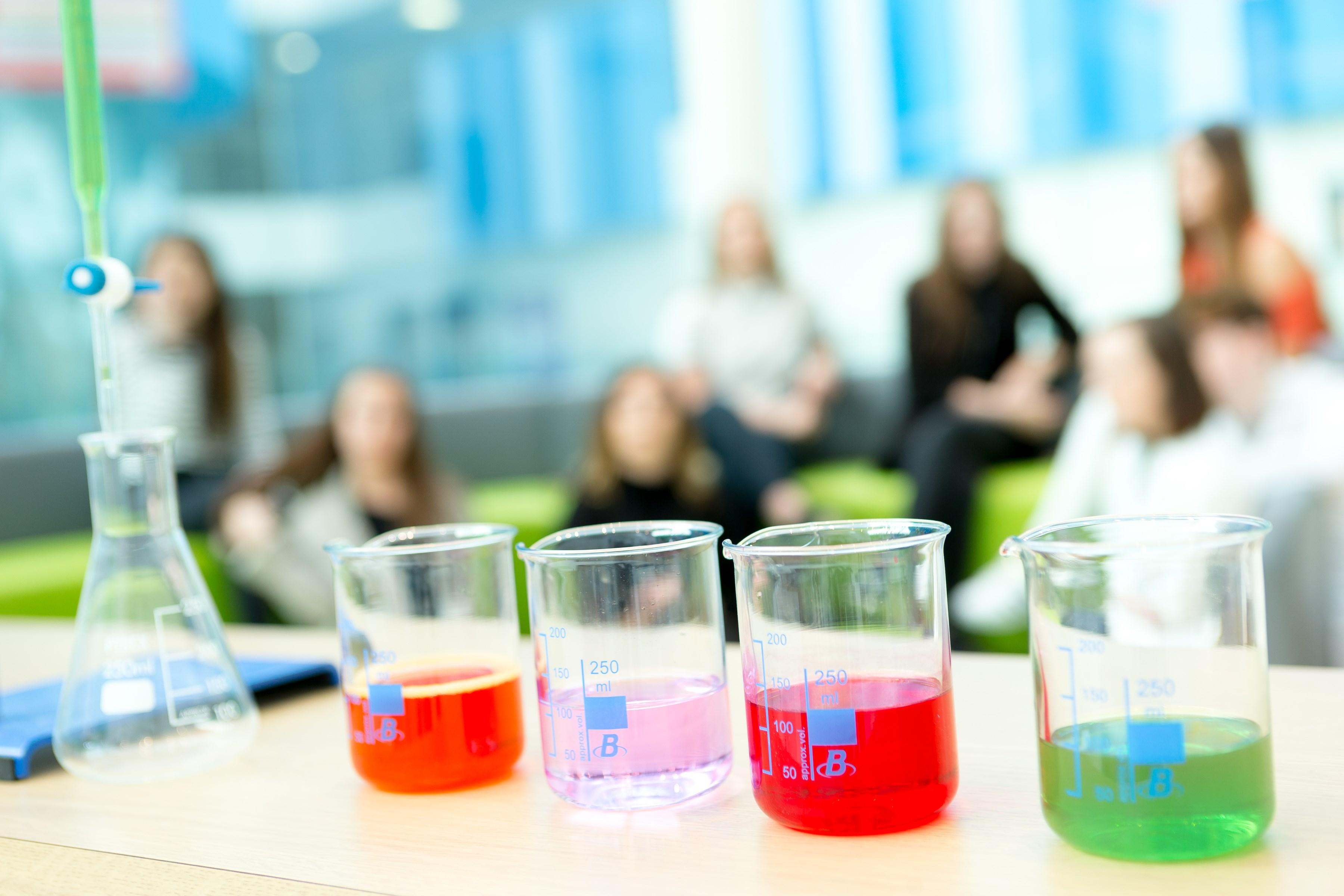
Brief Summary of Course
The course has been designed to inspire and challenge students of all aspirations and abilities.
We believe that Science offers something for every student and this course enables them to relate every aspect of the subject to their everyday life.
There is a heavy emphasis on practical enquiry and skills which aims to develop every student into a capable young
Content of Course
Students will study all there disciplines of Science; Biology, Chemistry and Physics.
• Biology covers aspects ranging from cell biology and infections to bioenergetics and ecology.
• Chemistry builds on students’ chemical analysis skills and allows them to study rates of reaction and quantitative chemistry.
• Physics covers topics ranging from forces to electromagnetism and waves
The main aim of this range of content is to give students a broad scientific understanding that they can apply to their everyday life.
Method of Assessment:
The Combined Science qualification is linear, which means all examinations are at the end of the course.
There are six examination papers; two Biology, two Chemistry and two Physics. Each examination takes the form of a 1 hour and 15 minute written paper with 70 marks available.
Question forms will range from multiple choice, structured, closed short answer and open response.
Where it has taken our alumni:
Martyna Andrzejewska is in her first year at The University of Leeds studying Biology. She studied Biology, Maths, and Chemistry at the College@ Sirius.
Linked Careers:
GCSE Science supports the development of many transferrable skills to access a variety of professions, including Veterinary Science, Midwifery and Chemical Engineering.

For more information
Please contact Mr Carr in the Science Department
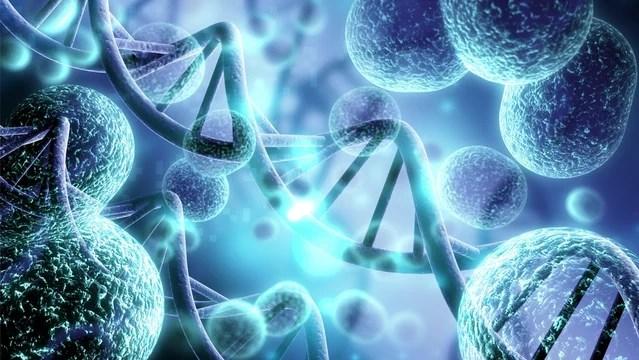
Brief Summary of Course
The course is the perfect stepping stone to life sciences at A-level and beyond, designed to inspire and challenge the most academic students and ready them for life beyond GCSE.
The biology course is relevant to all whether aspiring to go on to study medicine, work in an ecology field like marine biology or ecology, or in a sports related area such as physiotherapy
There is a heavy emphasis on practical enquiry and skills which aims to develop every students research and data handling skills. Students will gain a dual award worth two GCSE’s.
Method of Assessment:
Assessment for Biology is linear, which means all examinations are at the end of the course, and all assessment is via examination.
There are two exam papers, each examination takes the form of a 1 hour and 45 minute written paper with 100 marks available.
Question forms will range from multiple choice, structured, closed short answer and open response.
Content of Course
Students will study all areas of Biology:
• Plants and bioenergetics,
• Ecology
• Human Biology
• Genetics
• Infections and drug development
The course builds good data skills, emphasizes clean, precise written communication and allows for the practice of a variety of practical enquiry techniques, from dissection to ecology fieldwork.
Where it has taken our alumni:
Lolita Danylska studied Triple Biology, and continued her study of Biology at A level at the College @ Sirius. Lolita is now in her third year of Medical School training to be a Doctor.
Linked Careers:
GCSE Biology supports the development of many transferrable skills to access a variety of professions, including Medicine, Biomedical Sciences, and Oncology.

For more information
Please contact Mr Carr in the Science Department

Brief Summary of Course
The course is the perfect stepping stone to sciences at A-level and beyond, designed to inspire and challenge the most academic students and ready them for life beyond GCSE.
The chemistry course is relevant to all whether aspiring to go on to study medicine, work in organic chemistry or pharmacy, or even going on to work in materials science
There is a heavy emphasis on practical enquiry, and the content helps to develop maths skills, describing abstract concepts relies on good English delivered with precision.
Method of Assessment:
Assessment for Chemistry is linear, which means all examinations are at the end of the course, and all assessment is via examination.
There are two exam papers, each examination takes the form of a 1 hour and 45 minute written paper with 100 marks available.
Question forms will range from multiple choice, structured, closed short answer and open response.
Where it has taken our alumni:
Content of Course
• Students will study many areas of chemistry:
• Atoms and atomic structure
• Bonding and properties of materials
• The chemistry of our planet
• Acids and their reactions
• The Periodic table
• The history of science
The course builds good understanding of the fundamentals of chemistry and emphasizes quality of communication of that understanding.
Caitlin Daniels achieved a grade 9 in her Chemistry GCSE, and left the College @ Sirius with A*A*A* in Chemistry, Maths and Biology. She is currently in her third year at The University of York studying BioChemistry.
Linked Careers:
If you are interested in Pharmaceutical sciences, Chemical Engineering, and Forensic Researching, GCSE Chemistry will develop your knowledge and skills towards studying this at A level and beyond.

For more information
Please contact Mr Carr in the Science Department
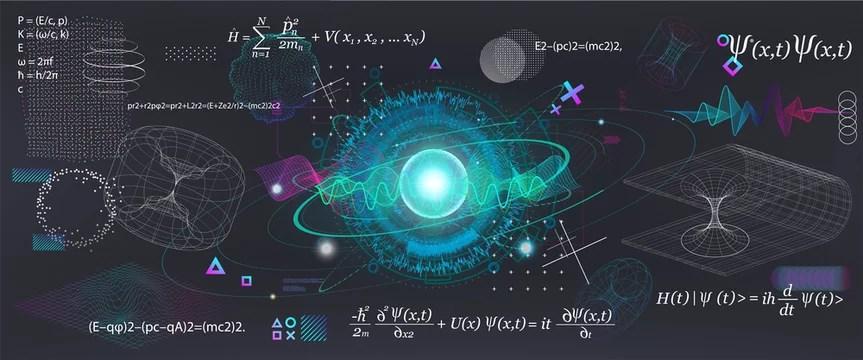
Brief Summary of Course
The course is the perfect stepping stone to sciences at A-level and beyond, designed to inspire and challenge the most academic students and ready them for life beyond GCSE.
The Physics course is relevant to all whether aspiring to go on to study medicine, work in engineering, or as an architect or even go on to academic research.
There is a heavy emphasis on practical enquiry, and the content helps to develop maths skills, describing abstract concepts relies on good English delivered with precision.
Method of Assessment:
Assessment for Physics is linear, which means all examinations are at the end of the course, and all assessment is via examination.
There are two exam papers, each examination takes the form of a 1 hour and 45 minute written paper with 100 marks available.
Question forms will range from multiple choice, structured, closed short answer and open response.
Where it has taken our alumni:
Content of Course
• Students will study many areas of Physics:
• Energy and its transfer
• Atoms and radiation
• History of science
• Motors and electromagnetism
• Electricity and its theory
• Momentum and collisions
The course builds good understanding of the fundamentals of physics and emphasises the maths and concepts that underpin that understanding.
Josh Cole studied GCSE Physics, and pursued this at A level at the College @ Sirius, along with studying Maths, and Further Maths. Josh is now in his third year at the University of Cambridge studying Natural Sciences.
Linked Careers:
Studying Physics at degree level will support you towards a career as an Astronomer, Physicist, and Meteorologist. Needless to say these careers are very rewarding!

For more information
Please contact Mr Carr in the Science Department
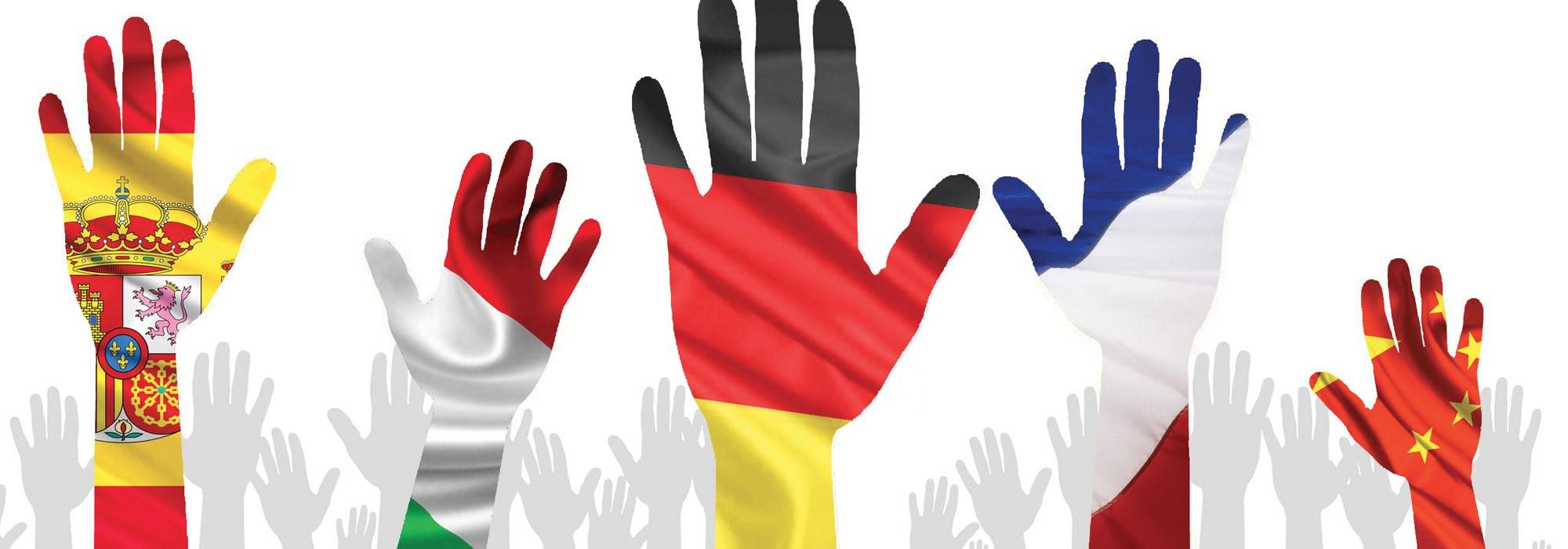
Studies show that multi-lingual students do better in all subjects, and we know that foreign languages broaden our horizons and open up opportunities for travel and work multi-lingual employees can earn up to 19% more than single language colleagues!
At Sirius Academy West, our students can continue to study either French or Spanish to GCSE level and may have the option to choose to study an additional language at GCSE.
Throughout KS4 students will further develop the language skills and topics that have been introduced at KS3. They will study topics in further depth and there are opportunities to practise their language skills through trips, increasing their appreciation and understanding of the culture in French and Spanish speaking countries. We also have pen pal and email exchanges to allow language students the opportunity to converse with young people in French and Spanish speaking countries.
“Young people skilled in the languages of Europe, China and other key markets around the world, can look forward to exciting and rewarding careers.”
Dr Adam Marshall, Director General of the British Chambers of Commerce
“Having language skills under your belt will help make you stand out from the crowd, whether you’re applying for an entry level position, a management role or an internal transfer.”
Steve Cassidy, Senior Vice President and Managing Director, UK and Ireland, Hilton
There are 4 Final examinations at the end of year 11:
• Listening - 25% -
• Speaking - 25%
• Reading - 25%
• Writing - 25%
Themes covered are:
• Personal Identity and relationships
• Healthy Living and lifestyle
• Education and work
• Free time activities, media and technology
• Customs, festivals and celebrations
• Celebrity culture
• The environment and where people live
• Travel and tourism
Linked Careers:
Employers value languages, as they are increasingly important to make sure we can compete in the global market. Because of this, languages are increasingly becoming a requirement for many graduate schemes. Possible careers involving languages include tourism, translation, and hospitality

Please contact Mrs Pavey in the MFL department.

GCSE Geography gives students the opportunity to understand more about the world, the challenges it faces and their place within it. The course will deepen students’ understanding of geographical processes, illuminate the impact of change and of complex people-environment interactions, highlight the dynamic links and interrelationships between places and environments at different scales, and develop students’ competence in using a wide range of geographical investigative skills and approaches.
Geography enables young people to become globally and environmentally informed and thoughtful, enquiring citizens. Our Geography course allows students to take closer look at human and physical aspects of Geography. It is a dynamic, relevant and fascinating subject about the real world. By studying Geography, students will be better able to understand the world around them and the big issues that we all face in the future.
Students will study three key aspects of Geography throughout the duration of the course:
• Living with the physical environment
• Challenges in the human environment
• Geographical applications
Method of Assessment:
In GCSE AQA Geography students are assessed in three separate examinations:
Paper 1 and Paper 2 | 35% (each paper)
• Living with the physical environment
• Challenges in the human environment
The examination duration for Paper 1 and Paper 2 is 1 hour 30 minutes
Paper 3 | 30%
• Geographical applications
The examination duration for Paper 3 is 1 hour 30 minutes. Students are assessed on Geography fieldwork. As part of their GCSE students are required to complete a Geography fieldtrip where students are expected to gather primary and secondary data. In addition, students will be presented with a specific geographic issue in the form of a pre-release which they will be asked questions about in the paper.
Linked careers:
Environmental consultant, surveyor, volcanologist and meteorologist.

For more information:
Please contact
Mr Robinson in the Humanities department.
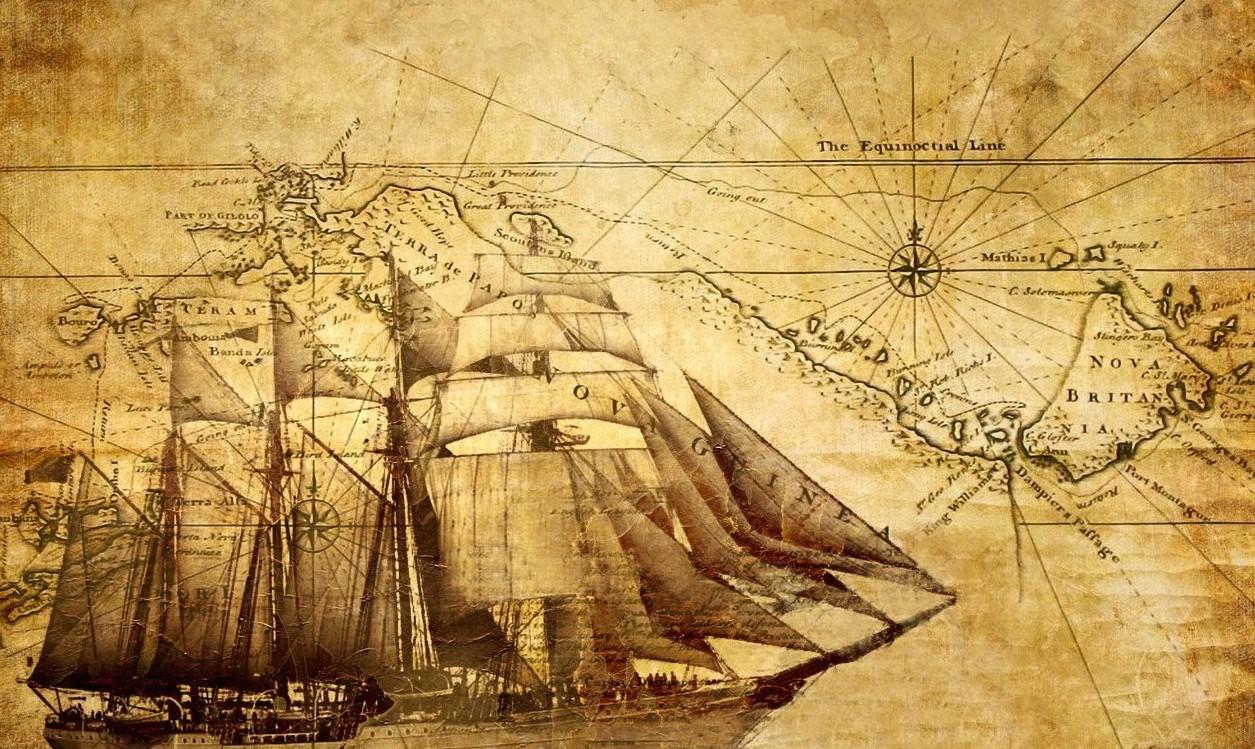
Studying GCSE History allows students to develop a broad understanding of political and social History with greater insights into military events and religious developments. The GCSE builds transferable skills such as research, analysis and communication. The GCSE is divided into 4 topics, split across 2 exam papers, topics have been chosen to include an insight into a broad range of different historical events.
Year 10 commences with the study of conflict and tension between East and West 1945-1972 (The Cold War). The study allows students to understand how the actions of America and the USSR led to the development of the world’s most deadliest weapons through the arms race, the first man landing on the moon in the space race and the building of tensions which resulted in the world standing still for 13 days. Students then continue to study paper 1 with an in depth study of Democracy to Dictatorship in Germany 1890-1945. Students will build an understanding of the rise of Hitler and key events which led him to gain ultimate power of Germany.
Students will begin Paper 2 content in half term 6 of Year 10 by beginning their depth study into Elizabethan England 1568-1603. The study will focus on major events in Elizabeth’s reign including the struggles to become a female leader, life in the 'Golden Age' and an analysis of the problems Elizabeth faced such as what should happen to Mary Queen of Scots and how to resolve the conflict with Spain. Students will also be given opportunity to research a historic environment linked to Elizabethan England chosen by the exam board.
The final topic taught in Year 11 is a thematic approach to understand the development of health of the people from Medieval times to present day. Students will build knowledge on the changes and continuities for ideas surrounding the causes and treatments of disease, surgery and public health.
The GCSE History AQA specification consists of two externally examined paper both equally weighted. Each paper consists of two topics which are assessed in the same exam. This course requires students to complete essays, and extended writing in the exam so it is recommended for students with high literacy skills. Exams are 2 hours long, 84 marks and are worth 50% of the GCSE.
Paper 1: Understanding the Modern World (84 marks)
Period Study: Germany, 1890-1945, Democracy to Dictatorship (40 marks)
Wider World Depth Study: Conflict and Tension between East and West 1945-1972 (44 marks)
Paper 2: Shaping the Nation
Thematic Study: Britain, Health and the people c1000 to the present day (44 marks)
British Depth Study: Elizabethan England, 1568-1603. (40 marks)
Linked Careers:
Museum curator, Heritage officer and Politician.
For more information:
Please contact Miss Harrison in Humanities


Religious Studies gives students the opportunity to learn about the world we live in, controversial issues that get people talking and the diverse beliefs which people hold. We will cover a wide range of thoughtprovoking topics such as abortion, life after death, prayer, war and the death penalty. We will consider how modern views about these issues have changed, what the law or different traditional belief systems say about these controversial issues and the reasons for the differences of opinion that still exist.
For each topic the course will cover a religious viewpoint, the atheist (non-religious) viewpoint and we will encourage students to consider their own view and learn to support this persuasively. The course aims to help students gain a better understanding of the big questions of life, a deeper awareness of important issues in the world and in current affairs and consider spiritual issues which influence their beliefs.
Method of Assessment:
Students will be assessed at the end of Year 11 through two externally marked examinations. Each exam is worth 102 marks, focused on four styles of question which are consistent for each topic. You will be assessed on your ability to identify key facts, explain different viewpoints and support this with reasons or beliefs and come to your own conclusion on different philosophical and ethical issues.
Paper 1: Religion and Ethics - 1hr 45mins 50%
Paper 2: Peace and Conflict - 1hr 45mins 50%
Content of Course
Paper 1: Religion and Ethics
• Belief in God
• Marriage and the family
• Living a Christian Life
• Matters of Life and Death
Paper 2: Peace and Conflict
• Belief in Allah
• Crime and Punishment
• Living a Muslim Life
• Peace and Conflict
Linked Careers:
Religious Studies introduces students to the study of belief, morality across and faith. It challenges you to work with others, appreciate differences and prepares you to work in a multicultural society.
Religious Studies is particularly important if you are interested in working for the police, or considering studying philosophy, and sociology .
For more information

Please contact Mrs Strachan in the Humanities department.

The Business pathway choices will offer a solid grounding in Business and this subject will increase awareness of the importance of business to the success of our domestic and worldwide economy.
The final course specification is being reviewed by the Curriculum Director to ensure that all students can achieve their best possible grade by the end of Yr 11. Regardless of final course selected, all students will develop the skills, knowledge and understanding of how to run a successful business. They will also gain a greater appreciation of the skills prospective employers are seeking from the employees of the future.
Students will gain a broad understanding of these important Business/Enterprise areas:
• Legal structures, organisational structures and stakeholder engagement.
• The marketing mix, market research, market segmentation
• Internal and external influences on business.
• Research, resource planning and growth for business.
• Sources of enterprise funding and business finance.
• Business planning.
Depending on the Business course being studied (under Curriculum Review currently), students will be assessed in one of the following two ways: -
• Theme 1 – Examination Unit (End of Yr 11)
• Theme 1 – Examination Unit (End of Yr 11) Or
• Unit 1 – Written Examination (40% weighting)
• Unit 2 - Coursework (30% weighting) Yr 10
• Unit 3 - Coursework (30% weighting) Yr 10
Students will have the opportunity of applying classroom theory to getting involved in Enterprise activities and setting up and running their very own Enterprise Business!
Linked Careers:
Business and Enterprise provides a strong foundation for students that are interested in progress in into careers such as sales, and business management.

For
Please

Like all sciences, the goal is to learn how things work Computer science is looking at the future!
Computer science explores what computers are made from. It investigates the various different pieces of the computer and how they work together. Students will learn how we connect computers into networks which span across the entire planet. These allow us to share everything from important data to the latest memes! Let’s not forget about programming! This is a key component of this course and students will learn how to write the following programs.
The course is divided into two main components; the first component looks at the hardware and software used to create modern technology and how it is connected together on a global scale. The second component explores the process of developing new hardware and software for the future; how to think like a computer, design and create program as well as effective testing and robust development strategies.
C1: Computer Systems
System Architecture
Memory & Storage
Computer Networks, Connections and Protocols.
Network Security
System Software
Ethical, Legal, Cultural and Environmental Impacts
C2: Computational thinking, algorithms & programming
Algorithms
Programming Fundamentals
Producing Robust Programs
Boolean Logic
Programming Languages & Integrated Development Environments.
Written Exam Paper (50%)
End of Year 11
80 Marks
90 Minutes
Written Exam Paper (50%)
End of Year 11
80 Marks
90 Minutes
Students are required to participate in approximately 20 hours of programming practical work in preparation for Paper 2; this will be done using the Python programming language.
Computer science and the tech sector is a globally sized and constantly evolving industry from jobs like a technical support operator who find solutions and solve problems for people and companies alike (average salary: £18000 £35000). Or perhaps you would like to be a cyber intelligence officer defending the country against cyber threats from all over the globe (average salary: £25000 £50000). Even working for KCOM as a network Engineer (£25,500 to £52,000) bringing superfast internet to the people of Hull.

Due to the challenging nature of this course, students who wish to take computer science must sit an entrance exam to demonstrate that they have the required pre-requisite learning from KS3 to ensure they can access the course. Students will be expected to attend additional sessions after school to ensure that the programming element of the course is sufficiently practiced prior to the exam.
For more information:
Please see Mr Sinderson in the Computing Department


The creative media sector is a growing and rewarding sector to work in, with opportunities arising all the time. Working in this sector involves a wide range of practical skills and techniques. The BTEC Tech Award in Creative Media will give you an introduction to creative media and the opportunity to work in specialist areas including audio and moving image, interactive media and publishing. It is delivered through three mandatory components.
Content of Course
Media products, audiences and purpose
• Media production techniques
• Interactive Media products
• How media products are designed to engage
• Media production skills and techniques
We create:
Throughout the year, we will be using and creating many different things, including:-
• Pre-Production documents
• Photoshop Graphics
• Video editing
• Audio editing
• Print products
• Audio/moving image products
• Interactive products
Method of Assessment:
Component 1 Exploring Media Products
Component 2 Developing Digital Media Production Skills
Component 3 Create a Media Product in Response to a Brief
• Components 1 and 2 are assessed through non -exam internal assessment in lessons. These will be via Microsoft Word Documents and supporting evidence. These assignments are set by Pearson (exam board) and marked by the centre.
• Component 3 is completed in the classroom but is assessed externally. It takes the form of a set task taken under supervised conditions that is then marked and a grade awarded by the exam board.
Art and Design, Photography and Business Enterprise are all courses which will prove useful when studying Creative Media Production
Linked Careers:
Creative Media is for you if you are interested in a career in digital marketing, advertising and media/film editing.

For more information
Please contact Ms Mills, Mr Galbraith or Mr Scott in the Business & Computing Department

The Level 1/2 Technical Award in Travel and Tourism is designed to provide students with the knowledge and technical skills required through vocational contexts by exploring the aims of different travel and tourism organisations, the features of tourist destinations, how organisations meet customer requirements, and the influences on global travel and tourism as part of their Key Stage 4 learning.
Do you like to be challenged? Are you good at working in a team or by yourself? Do you want to study a subject that is brought to life and not from the pages of a textbook? Do you want to learn about other countries?!
If this sounds like you, and you think you have good people skills, are good with numbers and are bursting with enthusiasm and you think could be a success, and you would like the opportunity to try, then the Level 1/2 Technical Award in Travel and Tourism is the course for you.
Students will gain a broad understanding of Travel and Tourism including the following:
• Understanding of travel and tourism organisations and tourist destination
• The needs of different travel and tourism customers
• The development and application of skills such as researching types of tourist destination and holiday
• Reflective practice through carrying out research on travel and tourism products and services to make recommendations to meet customer needs
• The ability to apply knowledge and understanding of travel and tourism to a variety of contexts
• Explore the factors influencing tourism and the impact of tourism on a variety of destinations.
• Explore the factors influencing tourism and the impact of tourism on a variety of destinations.
Students will complete 3 components during Year 10 and Year 11:
• Component 1 - Travel and Tourism
Organisations and Destinations (Internally assessed -30%)
• Component 2 - Customer Needs in Travel and Tourism (Internally assessed -30%)
• Component 3 – Influences on Global Travel and Tourism (Externally assessed -40%)
Students will be assessed both internally by the classroom teacher through a series of projects, and externally via a written examination.
Students will have the opportunity of applying classroom theory to getting involved in Enterprise and Travel activities and working with external businesses!
Linked Careers:
Travel and Tourism will provide you with the necessary skills to work towards a career as a tourism officer, travel agency manager and hotel manager.

For more information
Please contact Ms Smalley in the Business & Computing Department .
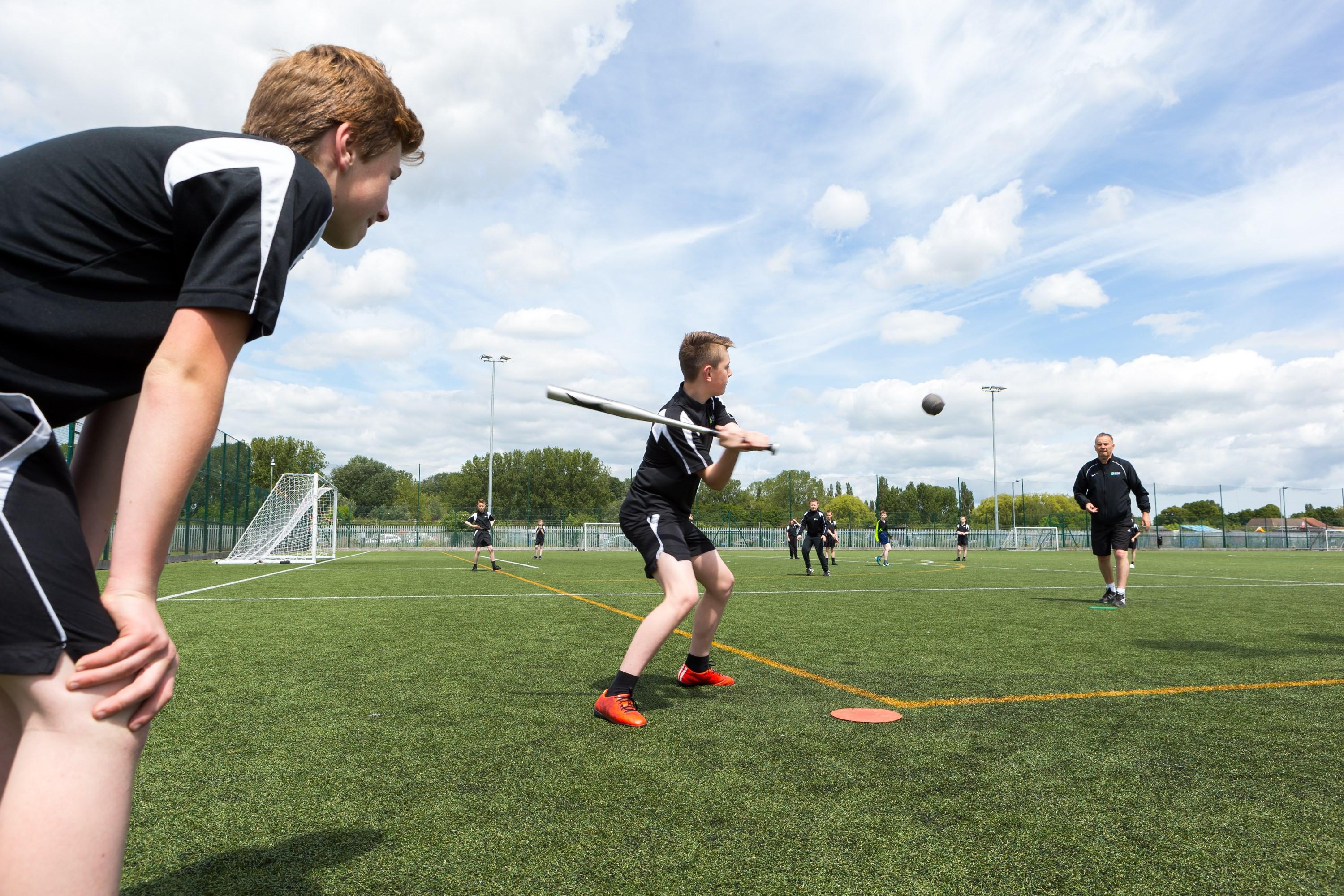
BTEC Sport offers students the opportunity to look at key areas of sport including fitness for sport and exercise, anatomy and physiology, practical sports performance and leading sports activities.
The qualification has been designed with practical and engaging ways of teaching in mind and enables students to:
• Understand the rules, regulations and scoring systems of selected sports.
• Be able to analyse and review sports performance.
• Understand how appropriate warm up and cool down routines can help to prevent injury.
• Know the principles of training in a sporting context.
• Know how training methods target different fitness components.
• Be able to conduct fitness tests.
• Be able to develop fitness training programmes.
• Know the attributes associated with successful sports leadership.
• Undertake planning and leading of sports activities.
• Review the planning and leading of sports activities.
• Provision of sport
• Barriers to participation
• Technology in sport
• Motivational techniques
Students will complete three units during year 10 and 11:
Unit 1 - Preparing Participants to Take Part in Sport and Physical Activity (Internally assessed coursework 30%)
Unit 2 - Taking Part and Improving Other Participants Sporting Performance (Internally assessed coursework 30%)
Unit 3 - Developing Fitness to Improve Other Participants Performance in Sport and Physical Activity (Externally assessed exam 40%)
Where it has taken our alumni:
Dani Waters is now studying BSc Sport and Exercise Science, at The University of Hull.
Linked careers:
BTEC Sport will enable you to pursue careers in Sports Psychology, Physiotherapy, and Coaching.

For more information :
Please contact Miss Dent in the Sport Department.

Health and Social Care is an NCFE course for students who would like to gain an insight into the skills and qualities needed for a career working in the health or social care sector in the future. It will allow students to develop independent learning and self-assessment skills. Health and Social Care is delivered by experienced and dedicated staff who provide support sessions afterschool to help enable you to reach your full potential.
The course consists of 8 units of work.
• Health and Social Care provision and services
• Job roles in Health and Social Care and the care values that underpin professional practice
• Legislation, policies and procedures in Health and Social Care
• Human development across the lifespan
• The care needs of the individual
• How Health and Social Care services are accessed
• Partnership working in Health and Social Care
• The care planning cycle
Students will need to apply knowledge from different parts of the course to case studies and be able to link the information in the different areas of the course.
In year 10 students study the course content. In year 11 students complete 2 assessments both worth 50% of the final marks for the qualification.
• None examined assessment - This is a written task which students have to complete in class with in 13 hours.
Exam assessment
There will be
1 terminal exam at the end of year 11 which is worth 50% of the final grade. The exam lasts 1 hour 30 minutes and includes questions covering all aspects of the course content. There will be a range of question styles, multiple choice, short answer and extended response questions.
The course comprises 8 units. Assessment is 1 non examined assessment, which is assessed internally by course teachers and assessors, and 1 terminal exam. Which is assessed externally.
The non examined assessment is completed in school under supervision of the course teachers and takes 13 hours to complete. This is spread over a number of lessons.
Students will be awarded a Pass, Merit, Distinction or Distinction*. At either Level 1 or 2.
Where it can take you:
Olivia Wivell, is training to become a Mental Health Nurse, at The University of Hull, after studying H&S at KS4, and Criminology, Law & Sociology at the College @ Sirius.
This course will support your entry into nursing, primary teaching, and other health related careers.
For more information

Please contact Mrs Wincott or Ms Whitfield in the Technology Department
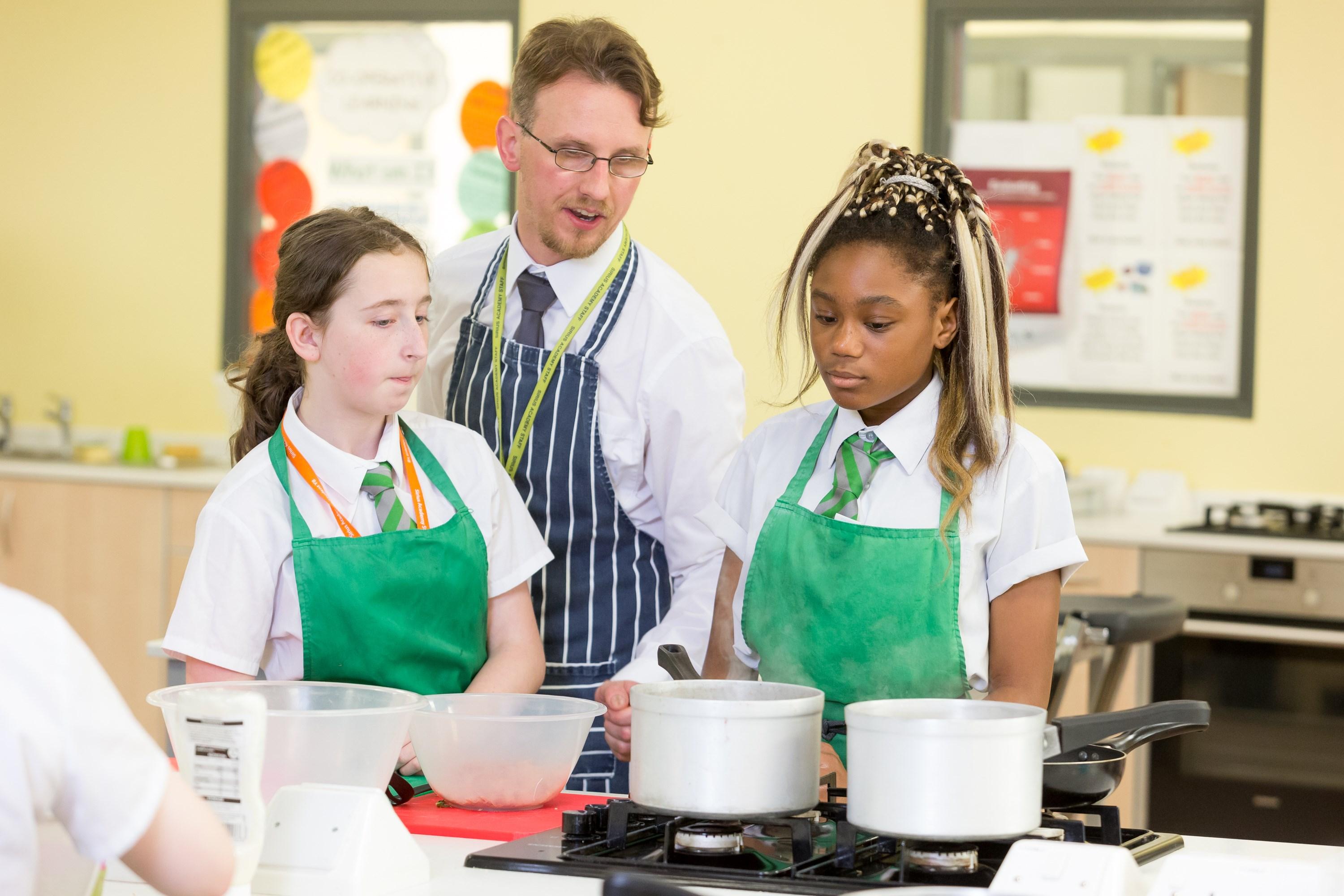
The Level 1/2 Technical Award in Food and Cookery is designed for learners who want an introduction to food and cookery and will appeal to students who may want to pursue a career in the food industry. Students will be able to achieve grades from a Level 1 Pass through to a Level 2 Distinction*.
Students will gain a broad understanding of food and cookery and the course will:
• provide an understanding of health and safety relating to food, nutrition, and the cooking environment
• provide an understanding of legislation in the food industry
• identify and understand food provenance
• provide an understanding of the main food groups, key nutrients and what is required as part of a balanced diet
• identify factors that can affect food choice
• explore recipe development and how recipes can be adapted
• understand how to cater for people with specific dietary requirements
• demonstrate menu and action planning
• be able to evaluate and consider how to improve completed dishes
• demonstrate the application of practical skills and techniques through all aspects of the qualification content areas
Students will complete two assessment units.
1. Examination unit: This is a written exam that include a mixture of multiple-choice, short-answer, and extended response questions. The exam duration is 1 hour 30 minutes and is worth 40% of the final grade.
2. Non-exam Assessment unit: The non-exam assessment will assess the learner’s ability to effectively draw together their knowledge, understanding and skills from across the qualification specification.
The completion time for the non-exam assessment is 16 hours 30 minutes and is worth 60% of the final grade.
Linked Careers:
If you are interested in becoming a Dietician, Chef, or a Food Technologist, this course is designed for you.

For more information
Please contact Miss Shaddick or Mrs Baxter in the Technology department.
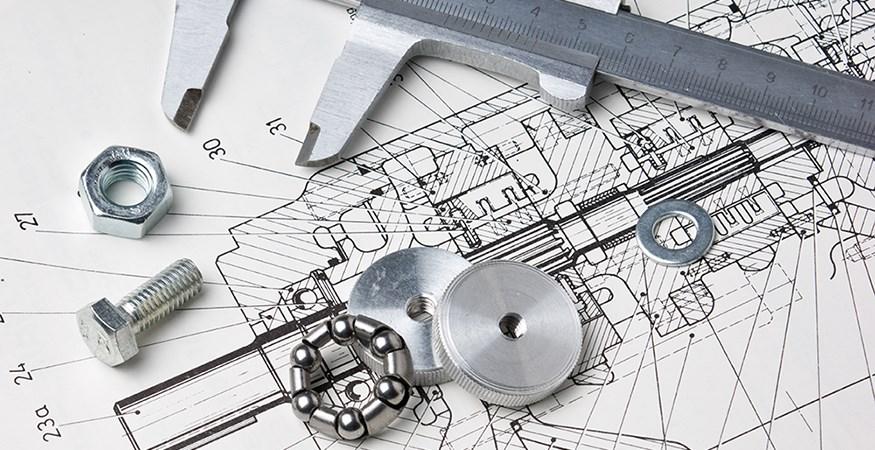
The Level 1/2 Technical Award in Engineering is designed to provide students with the skills, knowledge and understanding of the applied study of good engineering practices and an understanding of working in the sector.
Students will gain a broad understanding of Engineering from the following content areas
1. Engineering disciplines.
2. The science and mathematics that is applied in engineering.
3. How to read engineering drawings.
4. Properties and characteristics of engineering materials and know why specific materials are selected for engineering applications.
5. Engineering tools, equipment and machines.
6. Hand-drawn engineering drawings.
7. Computer-aided design (CAD) engineering drawings.
8. Production planning techniques.
9. Processing skills and techniques applied to materials for manufacturing.
Students will complete two assessments both in year 11 of the course.
Assessment 1 – Non-exam assessment a synoptic project (60%)
Students will complete a project based assessment, with a brief being released by the exam board. Student’s will draw together their knowledge, understanding and skills from across the whole of the subject. They will be required to produce hand drafted and CAD engineering drawings, produce production plans for manufacture and will demonstrate the application of skills and techniques to prepare, markout, modify, join and finish materials to manufacture a product, whist demonstrating effective time management.
Assessment 2 – Externally set written exam (40%) Students will be assessed on; Knowledge and understanding of how different engineering disciplines have shaped the world we live in, understanding of how science and maths are applied to engineering solutions, reading engineering drawings, the properties and characteristics of materials in relation to why specific materials are selected for engineering applications and finally knowledge and understanding of the use of tools and equipment within the engineering industry.
Linked Careers:
Engineering, Product Manufacturing and Civil Engineering.
For more information
Please contact Mrs Vickers in the Technology Department

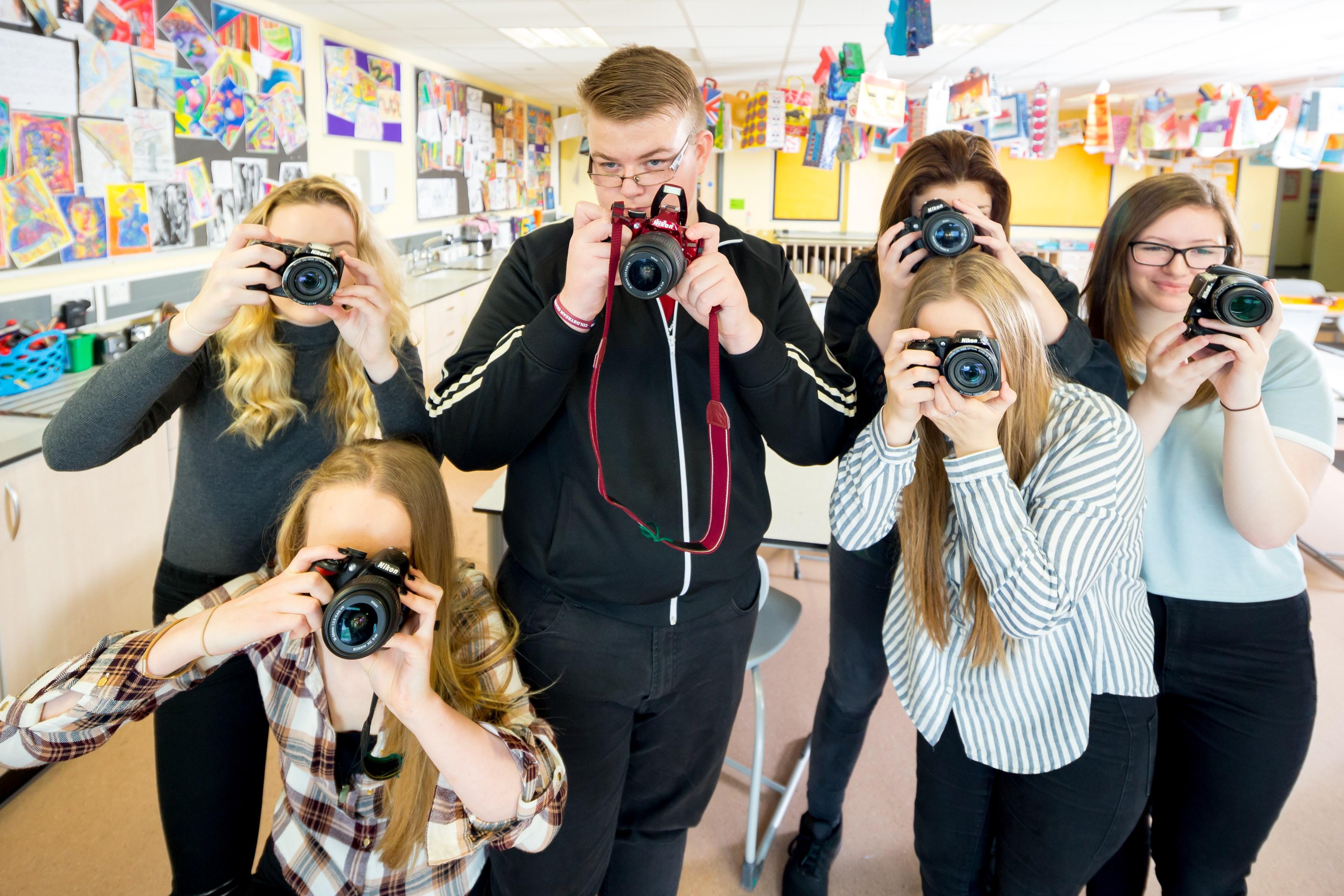
The Photography course is designed to engage students in the critical, practical and theoretical study of Photography. Photography teaches life skills: undertaking research and investigation; problem solving; confidence building; visual awareness; ability to develop ideas; initiative and cultural understanding.
Throughout the course students will record ideas, insights and observations of the world around us to develop ideas and inform their own photographic practice.
Students will produce practical and contextual work in one or more areas including: Portraiture, Landscape, Working from natural or built up environments, Still-life, Working from natural or manufactured objects, Documentary photography, Fine art photography or new media practice such as computer manipulated photography.
Students will develop the skills to experiment with a wide range of photographic media, such as Photoshop and hand-manipulation techniques.
Students will develop an understanding of visual language in order to express ideas, feelings and meanings.
Unit 1 | 60% of final grade: Students prepare a portfolio of coursework showing evidence of independent and classroom studies.
Unit 2 | 40% of final grade: Externally set task shown as a final piece with preparatory independent and classroom studies.
Linked Careers:
If you are interested in becoming a Digital Artist, Photographer, or work in Advertising, photography would be the appropriate choice.

For more information
Please contact Mr Rickard in the CAPA Department
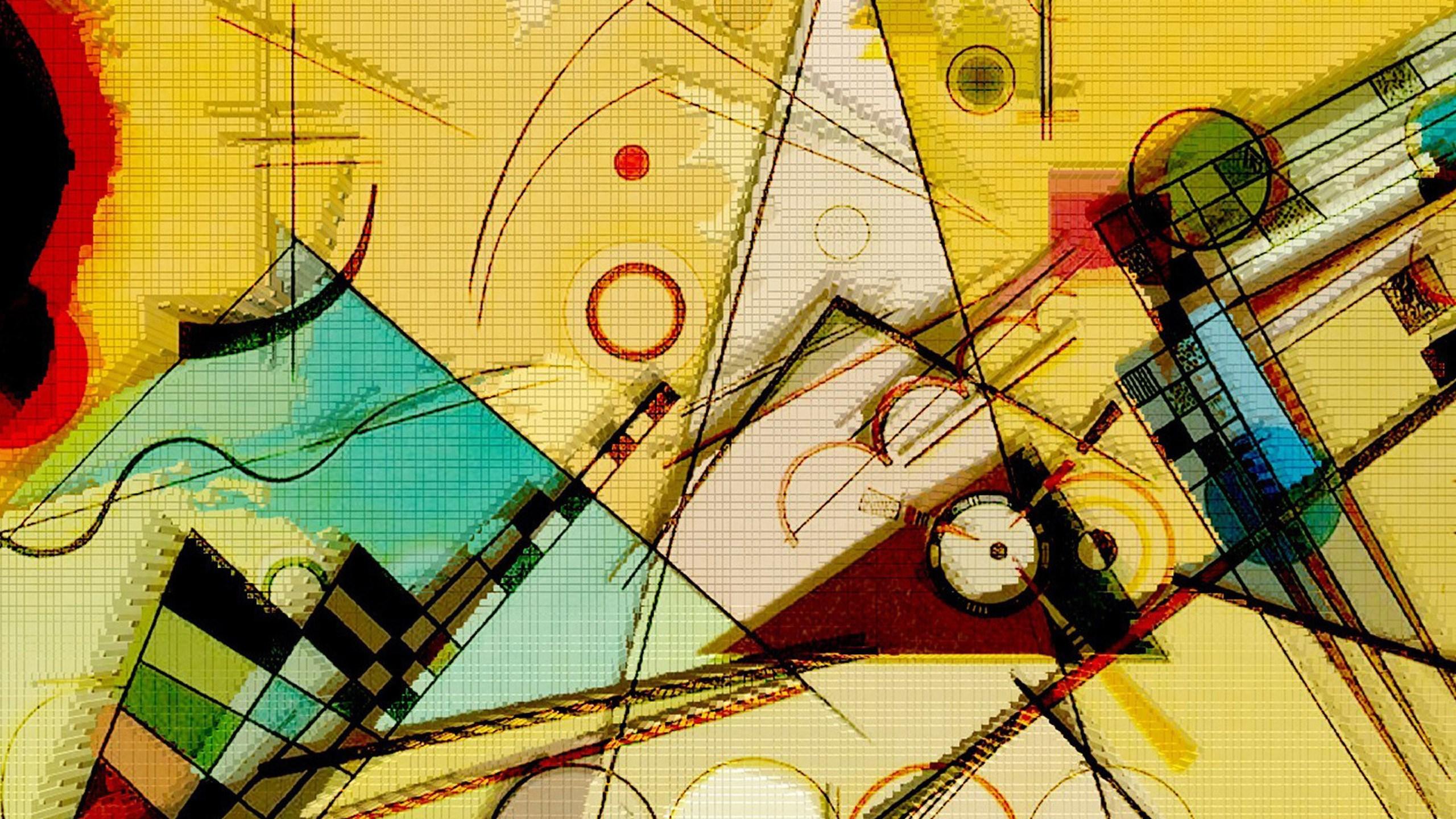
The Art & Design courses are designed to engage students in the critical, practical and theoretical study of Art and Design following either a Fine Art or Textiles pathway. Art and Design teaches life skills: undertaking research and investigation; problem solving; confidence building; visual awareness; ability to develop ideas; initiative and cultural understanding
Throughout the course students will explore a range of artists, skills and techniques to help students inform their own vision as an artist:
• Students will develop a working knowledge of the materials, practices and technology of Art & Design.
• Students will develop the skills to investigate, analyse and experiment using art, craft, textile media and design.
• Students will develop an imaginative power and the skill set to express ideas, feelings and meanings through the creation of their own artwork.
• Students will develop an understanding of the language and conventions of Art & Design.
• Students will develop an understanding of the place of art, craft, textiles and design in history and society today.
Unit 1 | 60% of final grade: Students prepare a portfolio of coursework showing evidence of independent and classroom studies.
Unit 2 | 40% of final grade: Externally set task shown as a final piece with preparatory independent and classroom studies.
Linked Careers:
The study of Art allows progression in to a wide range of careers such as fashion, textiles or interior design.

For more information
Please contact Mrs Morris in the Art Department

The GCSE Drama specification is designed to give you a broad and balanced experience of Drama. You will be given the opportunity to develop not only your performance skills but also your design skills in areas such as: lighting design, sound design ,set design, costume & hair and make-up design. You will collaborate in devising your own piece of theatre and perform in a performance from a text and you will explore a range of texts and view a variety of live theatre productions.
Year 10:
Component 1: Devising Theatre
Learners participate in the creation, development and performance of a piece of devised theatre using either the techniques of an influential theatre practitioner or a genre, in response to a stimulus set by WJEC. Learners must produce:
• a realisation of their piece of devised theatre
• a portfolio of supporting evidence
• an evaluation of the final performance or design.
Year 11:
Component 2: Performing From A Text
Learners study two extracts from the same performance text chosen by the centre.
Learners participate in one performance using sections of text from both extracts.
Component 3: Interpreting Theatre
Section A: Set
Text for assessment from 2024 onwards
A series of questions on one set text from a choice of seven:
1. Macbeth William Shakespeare
2. An Inspector Calls J.B. Priestley
3. Find Me Olwen Wymark
4. Noughts & Crosses Malorie Blackman, adapted by Sabrina Mahfouz
5. Refugee Boy Benjamin Zephaniah
6. I Love You Mum – I Promise I Won’t Die Mark
Wheeller
7. The IT Vivienne Franzmann.
Section B: Live Theatre Review
One question, from a choice of two, requiring analysis and evaluation of a given aspect of a live theatre production seen during the course.
Component 1: Devising Drama (internally assessed40% of qualification grading)
Component 2: Performing From A Text (visiting examiner - 20% of qualification grading)
Component 3: Interpreting Theatre (1.5 hour exam –40% of qualification grading)
Linked Careers: GCSE Drama can lead to further study or employment in acting, presenting, staging and set design.

For more information
Please contact Ms Prichard in the Creative Arts Department

Performing Arts is for students who wish to acquire technical performance skills through the study of Dance. The course gives students the opportunity to develop performing arts specific knowledge and skills including choreographic, physical and interpretive dance skills. In the Dance pathway, students will be expected to perform a range of styles including Contemporary, Jazz, Ballet and Hip-Hop. Lessons are delivered in a practical learning environment and students will be expected to perform practically in a variety of different contexts (group, solo, duo)
Students will explore, develop and apply their dance skills whilst completing the three core components:
Component 1: Students will develop their understanding of the performing arts by exploring practitioners’ work in dance and the processes used to create a range of different performances.
Component 2: Students will develop their dance skills through rehearsal and performance. Students will have the option to perform in groups or on their own for their assessed performance work.
Component 3: Students will work as part of a group to apply their performance and choreography skills to create a workshop performance in response to a brief and stimulus provided by the exam board.
Students will complete the two internally assessed components and the externally assessed component as part of their classwork throughout Year 10 and Year 11:
Component 1 – Exploring the Performing Arts (30% of course; internally assessed)
Component 2 – Developing Skills and Techniques in the Performing Arts (30% of course; internally assessed)
Component 3- Performing to a Brief (40% of course; externally assessed)
Linked Careers:
Careers that could be explored following the completion of this course include Choreography, Performing Arts, and Costume design
For more information

Please contact Ms Treloar in the Creative Arts Department
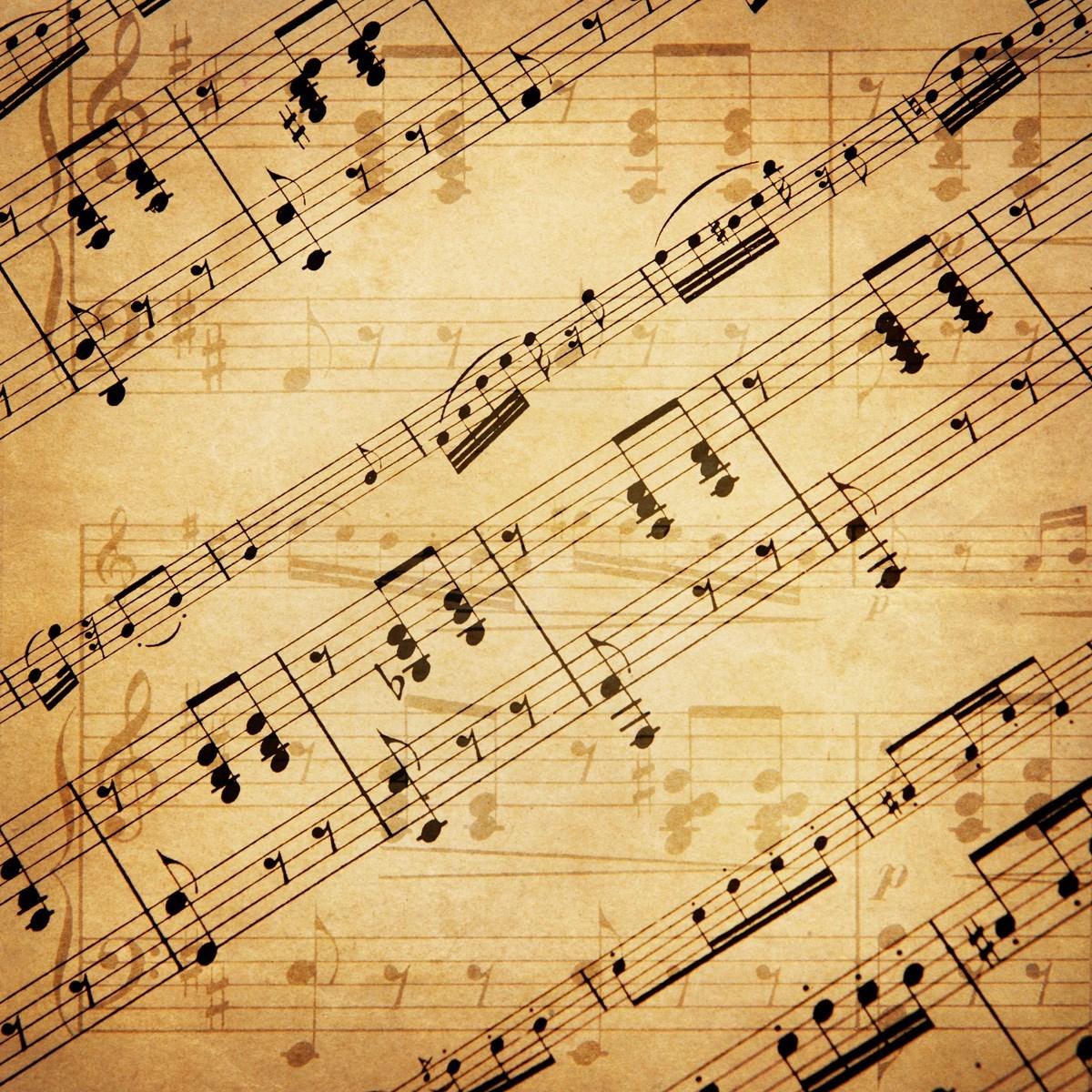
•Performing (playing music) on your own and in a group. This could be in any style, on any instrument or voice, including DJ skills, rapping, singing, band and orchestral instruments.
•Exploring how great pieces of music were put together, then when you have learnt some of the techniques, composing your own music. This could involve using computer software, writing for a specific purpose, writing songs etc.
•Listening to a variety of music and learning how to identify the facts about what you hear. You will already have heard about the elements of music in your Key Stage 3 lessons. At GCSE you focus on how these are used for different purposes.
If you already play an instrument or sing, you can develop your skills and get a GCSE out of it! If you don’t already play an instrument or sing, you can take the opportunity to learn new skills which could stay with you for life. If you already enjoy writing your own music or songs, you can use this ability and experience towards your GCSE
If you are a creative person who wants to learn to make music, this course will give you that chance. If you love listening to music, and can spot all the details, sing every riff and “air-drum” every beat you have already developed some of the abilities you need.
This course is recommended for those of you that already play a musical instrument.
Component 1: Performing – Worth 30% of your GCSE (Marked by your teacher, moderated by Eduqas)
You must perform at least 2 pieces: One piece must be an ensemble, the other(s) can be ensembles or solos. You can sing or play any instrument. You can have an accompanist or use a backing track, or perform unaccompanied.
Component 2: Composing – Worth 30% of your GCSE (Marked by your teacher, moderated by Eduqas)
You must compose two original pieces of music. Each is equally weighted. One is a free composition, which you can complete at any time in the course. The other must be written in response to a brief released by Eduqas on the 1 September in the same school year as you take the exam. They can both be in a similar style as long as the actual musical content is different.
Component 3: Appraising – Worth 40% of your GCSE (A listening exam.)
In your exam there will be 8 questions. Each will have an extract of music which is played out loud for you to answer the questions on what you hear.
Linked Careers: Record Producer, Songwriter, and Music Director.

Please contact Mrs Waterhouse in the Creative Arts Department.

The VTCT Level 1 / 2 Technical Award in the Study of Hair and Beauty is designed to provide students with the knowledge and understanding of the hairdressing and beauty therapy sector and related industries, including retail, leisure, manufacturing and other personal care services. Alongside this theoretical understanding students will learn practical skills that will prepare them for further study in hairdressing or beauty therapy, such as the T-Level in Hair, Beauty and Aesthetics or a Level 2 Diploma in Hairdressing or beauty Therapy.
This qualification consists of three mandatory units: UCO90 – Business and entrepreneurship in the hair and beauty sector – this unit will enable learners to develop knowledge and understanding of business principles, types of businesses, marketing and entrepreneurship and different business opportunities within the hair and beauty sector
UCO91 – Anatomy, physiology and cosmetic science – this unit will enable learners to develop knowledge and understanding of cosmetic chemistry, the role of the integumentary system and the development of hair and beauty products
UCO92 – Design in the hair and beauty sector – this unit will enable learners to develop knowledge and understanding of the purpose, principles and development of design briefs for the hair and beauty sector, including how to present and communicate design brief ideas and concepts to a range of audiences and develop analytical, reflective and evaluative skills.
Learners will complete both elements of assessment in Year 11
Assessment 1 – non-exam assessment – a synoptic assignment (60%). The non-exam assessment will assess the learner’s knowledge and understanding of the topics form within the three mandatory units Assessment 2 – externally set written exam (40%). The assessment by examination will assess the learner’s knowledge and understanding of topics from units UCO90 and UCO91.
It is important that you recognise that there is not a practical element to this course, assessment will be via coursework and examinations.
Linked Careers:
This course is suitable for you if you are interested in Hairdressing or Beauty Therapy as a career.

For more information
Please contact Mrs Turnbull in the Science Department.

• Sports Journalist
• Personal Trainer
• Physiotherapist
• Nutritionist
• Teacher
• Armed foreces / Emergency services
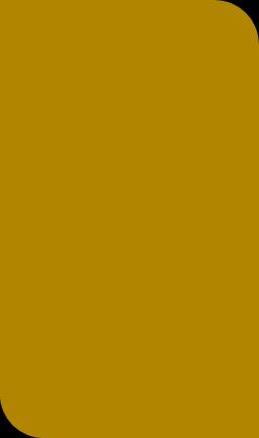
• Database Administrator
• Games Developer
• Environmental Science
• Network Engineer
• Travel & Leisure
• Systems Developer
• Aviation Industry
• Banking & Management
• Director
• Producer
• Composer
• Musician
• Events Organiser
• Artist
• Architect
• Industrial Designer
• Actor/Actress
• Designer
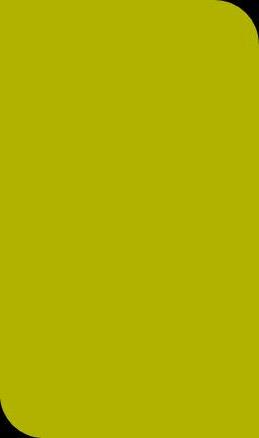
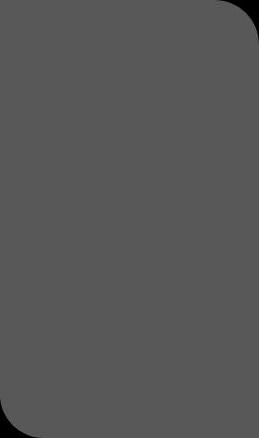
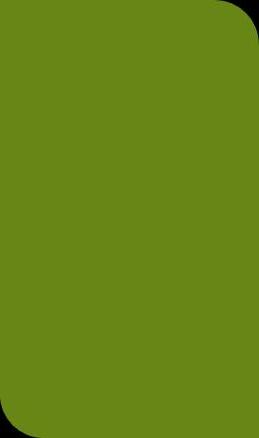
• Industrial Designer
• Engineer
• Adult Nurse
• Child Care Practitioner
• Catering Manager
• Nutritionist
• Food Scientist
• Advertising
• Web Designer
• Solicitor
• Lawyer
• Civil Servant
• Social Worker
• Tourism Officer
• Travel Agent
• Teacher
• Energy Engineer
• Youth Worker
• Researcher
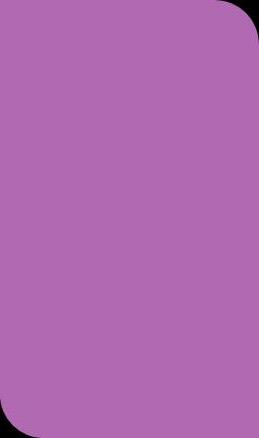
Remember to look into what you may want to do after Year 11. Look at the entry requirements for A levels and apprenticeships.
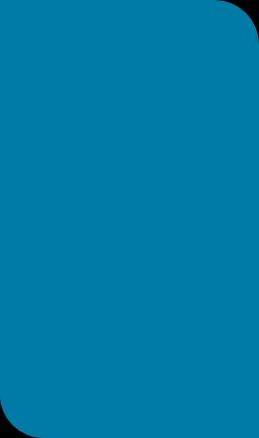

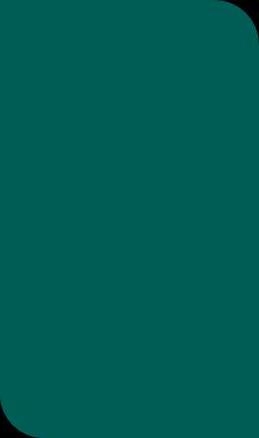

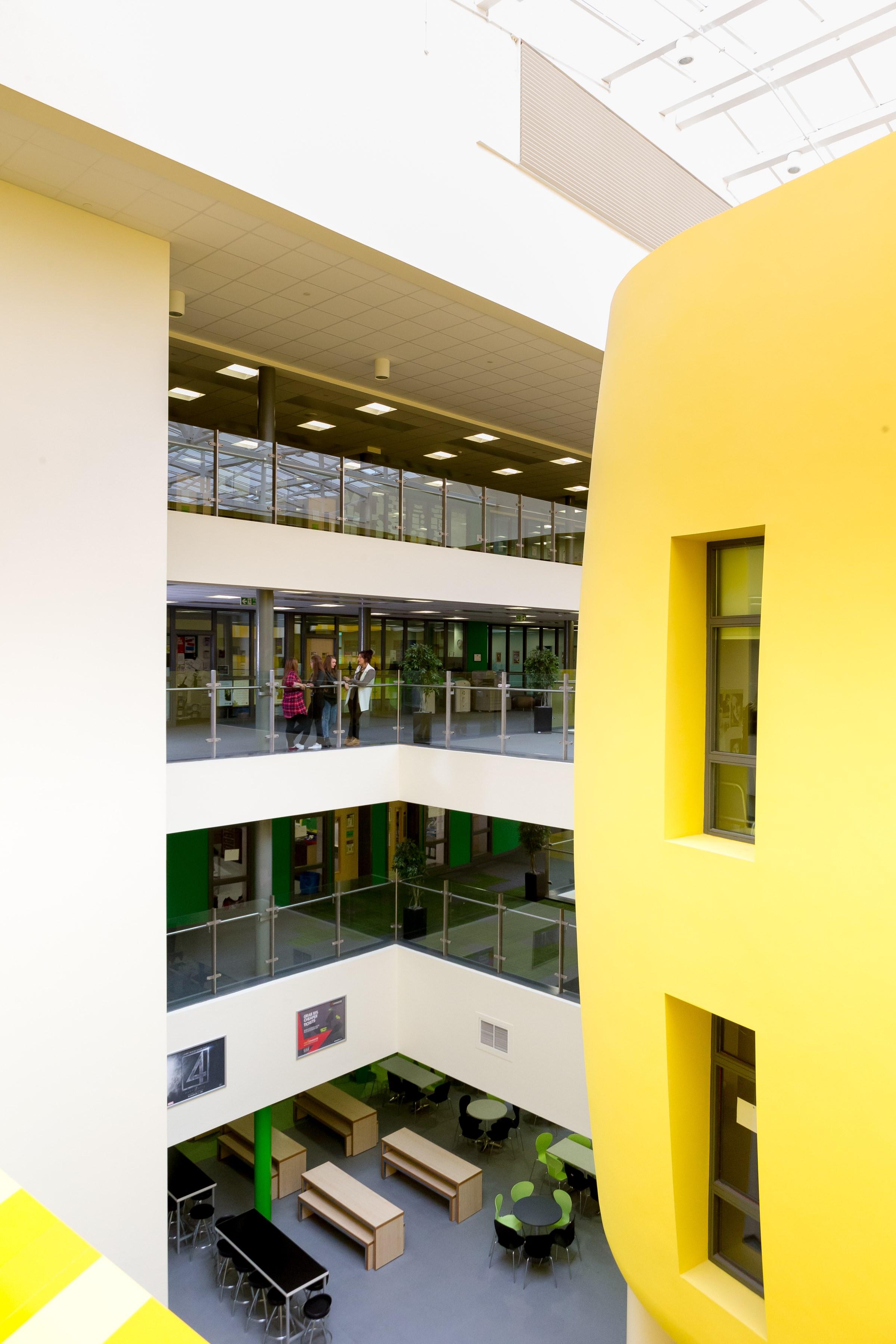


Our advice when considering your subject choices is to choose subjects that:
• You are most likely to work enthusiastically and achieve well in
• You think you will enjoy and you feel you are good at
• You may need for your future education and/or career path
Please be aware that once the courses have begun in September, it will not be possible to make changes to the courses that you study.


• Do talk to parents, subject teachers and tutors - they are all here to help and support you.
• Do read the course details in this prospectus carefully and ask questions.
• Don’t choose a course just because you like a particular teacher.
• Don’t choose a course because your friends are choosing it. You are deciding about your future.

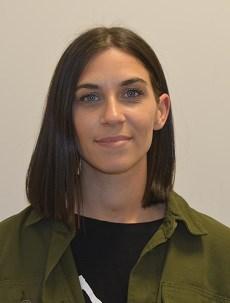
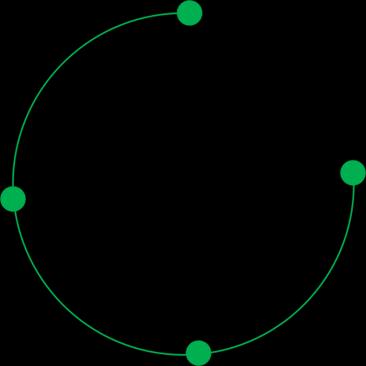
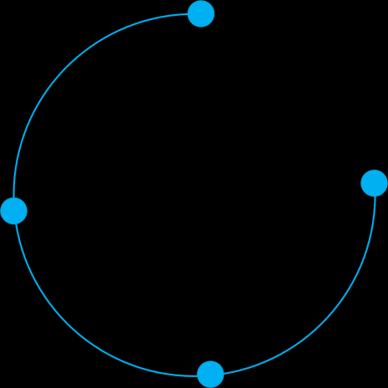
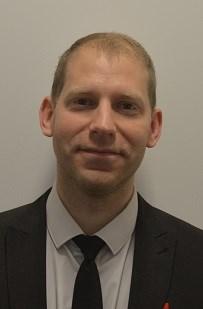
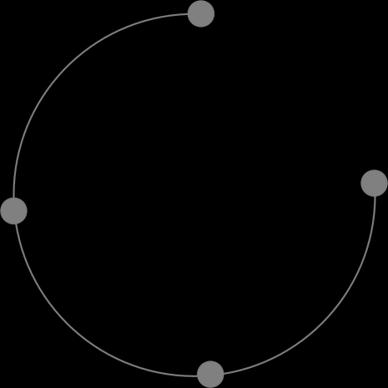
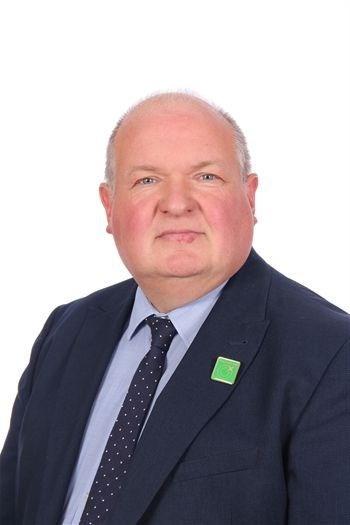
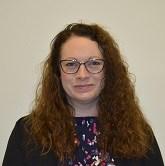
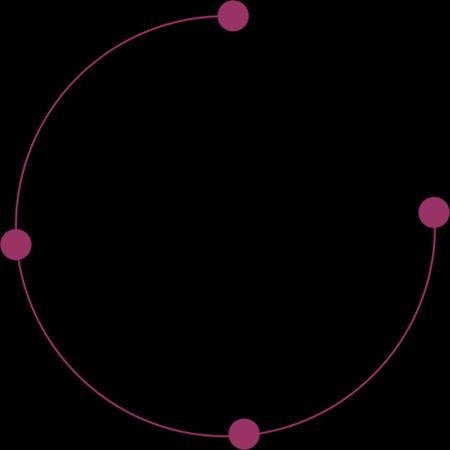
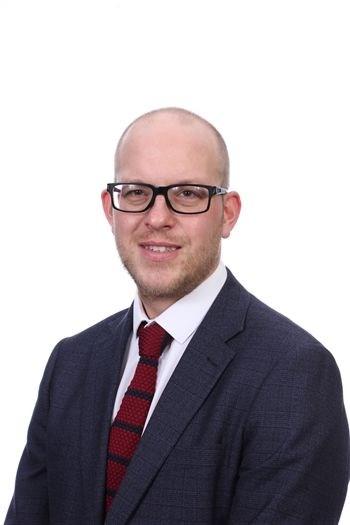
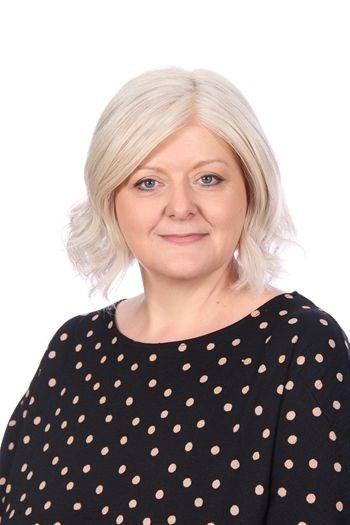

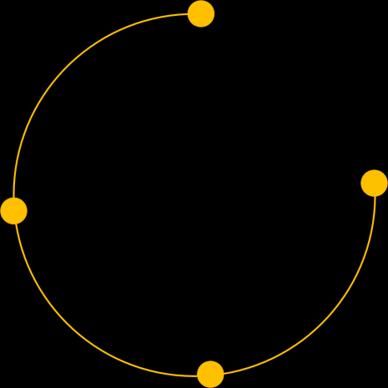
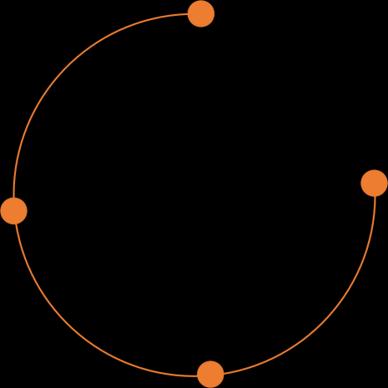
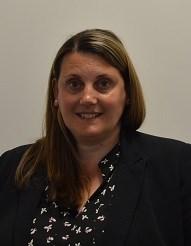
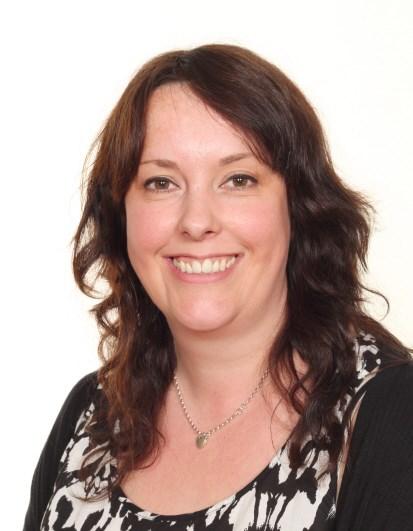
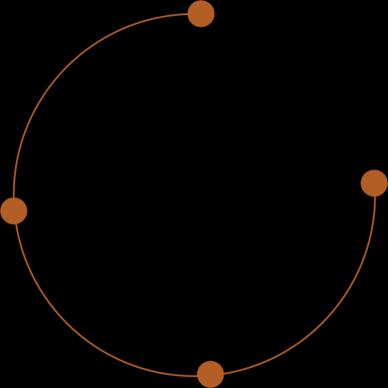 Mrs Noble Mathematics
Miss Dent PE & Sport Humanities
Mrs Noble Mathematics
Miss Dent PE & Sport Humanities


